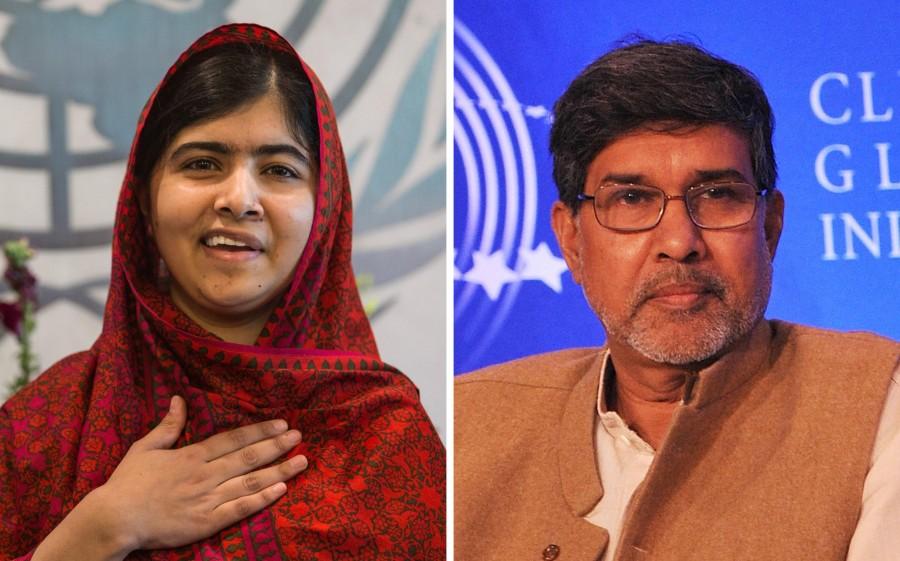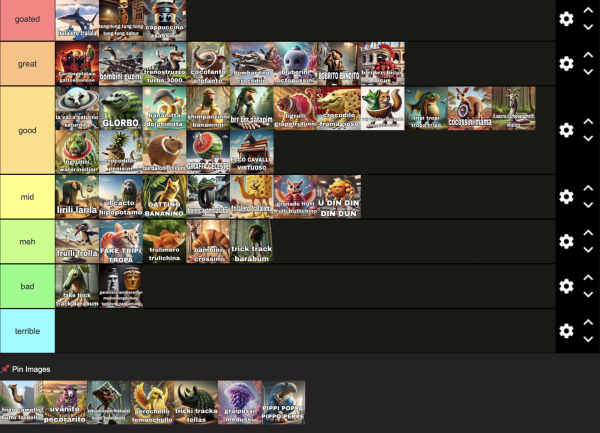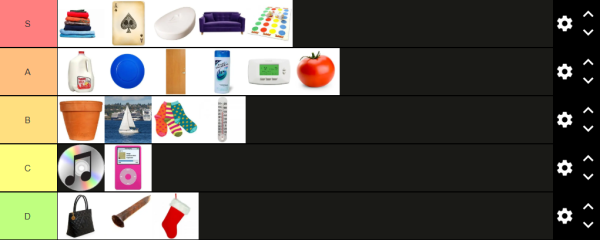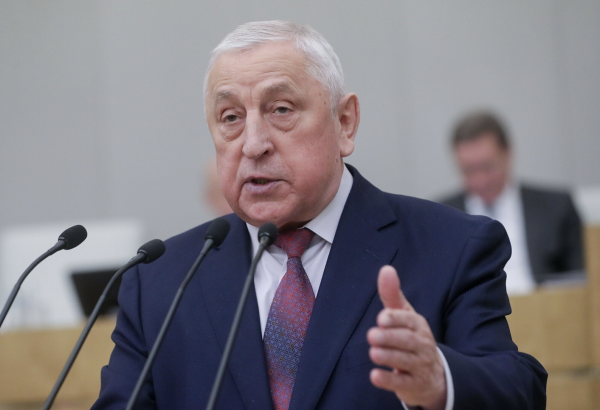Two Generations, One Goal: Making the World a Better Place
Winners of the 2014 Noble Peace Prize show the world that no matter what your age, you can make the world a better place.
On Friday, October 10, the world’s admiration and applause were focused on Kailash Satyarthi and Malala Yousafzai, as they received the 2014 Nobel Peace Prize.
This years nominees varied from one of the young laureates, 17 year old Pakistani Malala Yousafzai, to the current Pope Francis. Each nominee has been elected by national assemblies and governments, university professors, directors of peace research and international affairs institutes, former recipients of the prize, etc. Many exceptional leaders and individuals are nominated for the prize, so the Norwegian Nobel Committee narrows down the nominees through months of debate and decisions until they have reached a conclusion on the winner. Instead of a single laureate, there were two 2014 Nobel Peace Prize winners. Having multiple recipients of the award is not entirely uncommon; in 1994 and 2011 the prize was awarded to three individuals.
While the average age for a laureate of this award is 62, Malala, the 16th and youngest woman to receive this honorable award, was only 17 years old. In October of 2012, Malala, an open advocate of female rights and education, as well as a blogger, was riding home from school when a member of the Taliban jumped into her van and shot her in the head, almost killing her. After being transferred to a British hospital, Malala gained more support for her activism. The United Nations even started a campaign for girls education called “I am Malala” and named November 10th Malala Day. While recovering, Malala started the Malala Fund, a foundation that supports female education in Pakistan, Nigeria, Kenya, and Jordan. She also wrote a book titled “I Am Malala” about her struggles to inform the public about the lack of girls education. In 2013, Malala was a nominee for the Nobel Peace Prize, but did not win. Although she won the prize this year, it was not her first; she was awarded Pakistan’s first-ever National Peace Prize in 2011, as well as the Sakharov Prize for Freedom of Thought from the European Parliament. Upon receiving this years Nobel Peace Prize, Malala was overjoyed.
The other laureate was India’s Kailash Satyarthi. As a young boy, Satyarthi recognized the wrongs in child laboring and trafficking to pay off debts. By the age of eleven, he was trying to take action in his community by having his fellow peers donate old textbooks to the poor children and have parents pay money so the less fortunate children could be educated. Satyarthi, as a further step in his activism, founded the Bachpan Bachao Andolan (BBA), a foundation that tried to eliminate child labor and trafficking. Since it’s founding in the 80s, the BBA has developed to have more than 80,000 people and 750 member organizations. Through Satyarthi’s efforts, further awareness for this global struggle has surfaced and over 75,000 children have been freed.
The laureates and the candidates for the 2014 Nobel Peace Prize have made a significant impact on global issues, such as the fight for girls rights and the end of child slavery. By taking steps in an effort to overcome these battles, these leaders are not only helping the less fortunate, but inspiring others to take action in their communities. They are showing us that anyone can make a difference and change the world.






